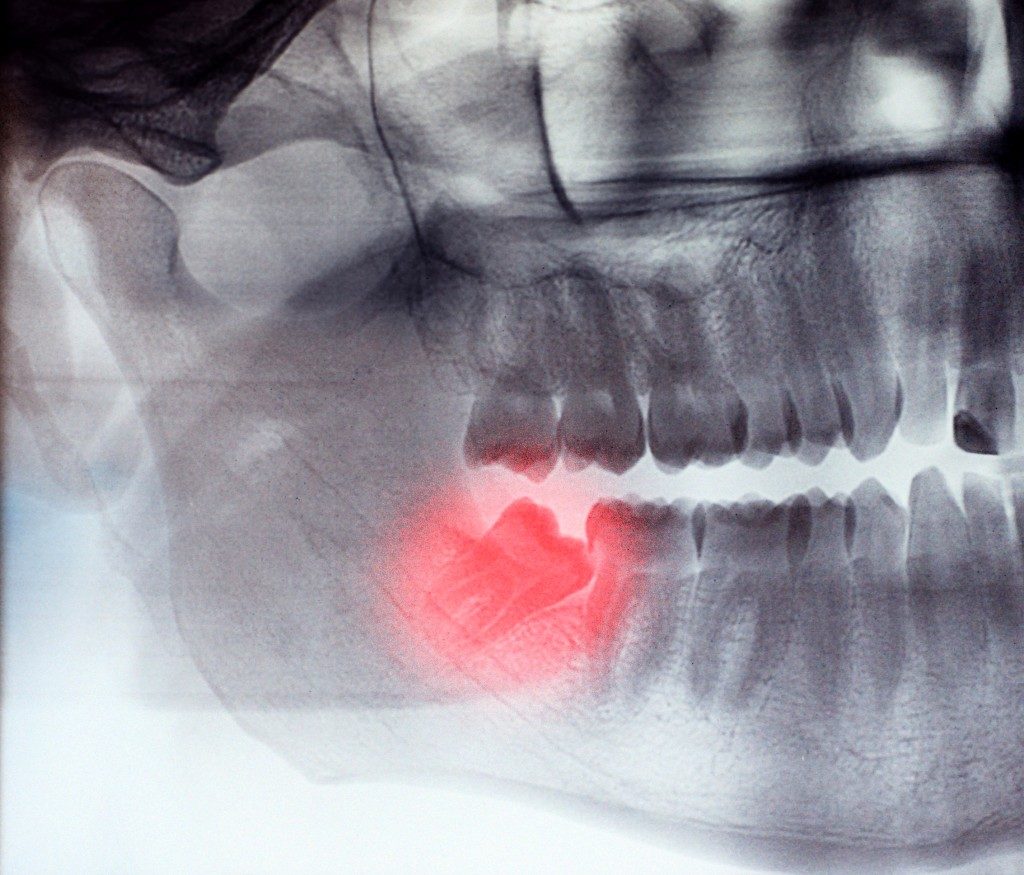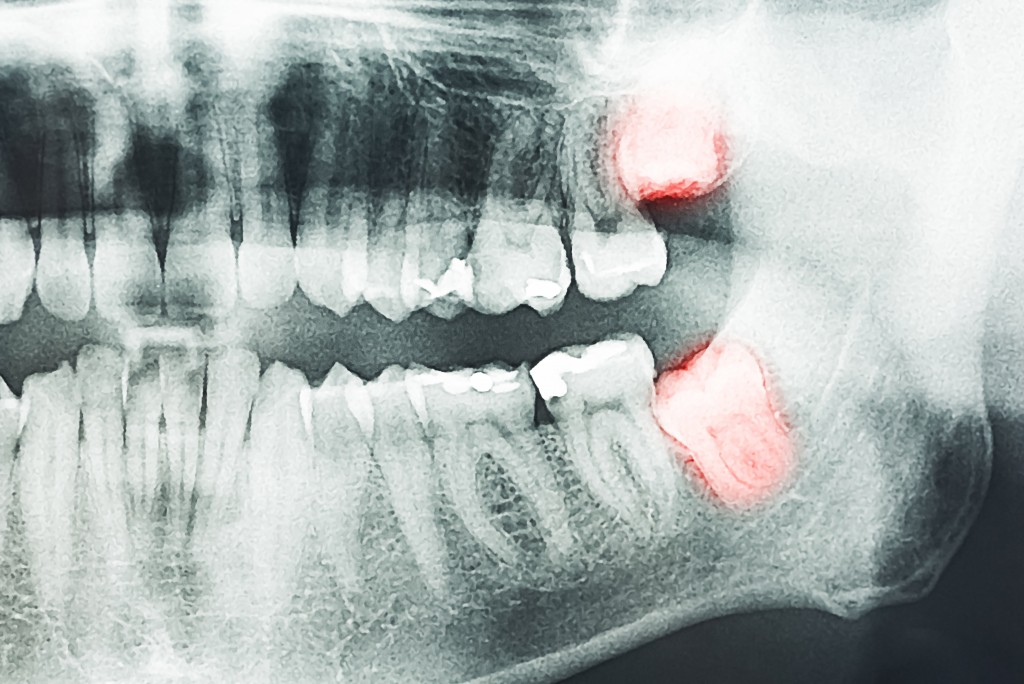Despite a lot of information about wisdom teeth, people still have a lot of questions about this “mysterious” third set of molars. Case in point: why is it painful? If they’re like the other teeth, what makes them hurt so bad? There are a lot of reasons behind your toothache, but one thing’s for sure: it merits a visit to your doctor. Your dentist can find one or two of these factors triggering your pain:
“Coming Out”
The fact of the matter is, you’ve already experienced this toothache before. What’s different though is that you don’t remember it because you were a baby or a toddler then. However, notice how kids experience teething. That’s relatively the same experience as wisdom tooth erupting. When teeth break through the gums, pain happens, along with a little bit of swelling and soreness. If this is your case, a mouth rinse can offer relief. Get a cup of warm water and mix it with a teaspoon of salt. Gargle for a minute then spit it out. Do it as you feel necessary throughout the day. Your dentist might recommend applying gel-based products, like Benzocaine. You’ll have to dry the inflamed tooth area with a clean cloth before using the gel. Of course, over-the-counter pain relievers, like ibuprofen, are also helpful.
Cavities

In some instances, it’s not just normal tooth growth that’s causing pain. It might be a case of tooth decay. Often, wisdom tooth erupts too close to other teeth, which then creates little gaps and crevices where food debris is trapped. Since these are small, hard-to-reach spaces, cleaning and brushing become more difficult. Bacteria then grow and cause cavities. When the decay isn’t addressed immediately, it can hit nerves in the tooth, which inevitably causes the pain. Some dentists recommend dental filling using gold or silver material to “cap off” the tooth and prevent further problems. Other dentists recommend wisdom teeth removal. Salt Lake City practitioners perform this, especially in severe cavity cases that can affect the gums and trigger gingivitis.
Cysts or Tumors
When wisdom teeth become impacted, there’s the possibility of cysts and tumors developing. The sac where the tooth develops can fill with fluid, which then forms such growths. Over time, this can severely damage the jawbone, teeth, and nerves. To prevent such complications, dentists recommend extraction for wisdom teeth. Get your oral health checked immediately when you notice your wisdom tooth growing. If you’re a candidate for removal procedure, the doctor will ask you about medications you’re currently taking or other health problems you’re experiencing. They should be able to discuss with you the type of anesthesia they’ll be using. Expect the procedure to last for about an hour. You’ll be given after-care instructions.
In the end, there are a lot of factors contributing to wisdom tooth pain. Sometimes, it’s part of “growing up.” Other times, it can signal a problem. You should practice good oral hygiene to avoid other complications. The best thing to do is to consult your dentist.

